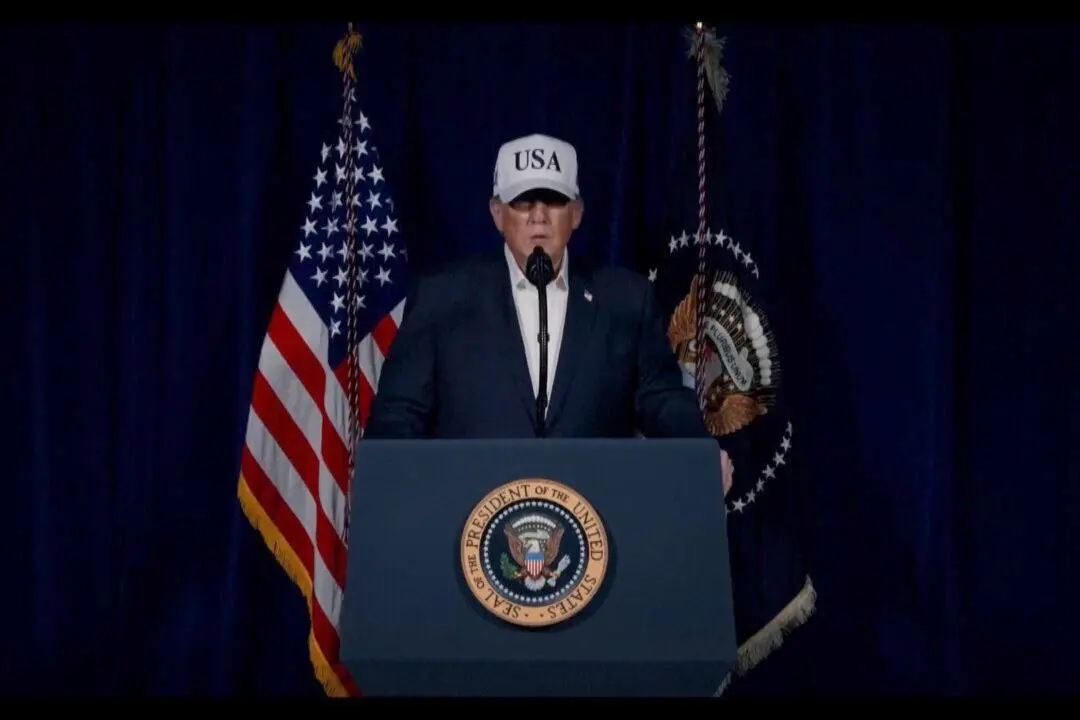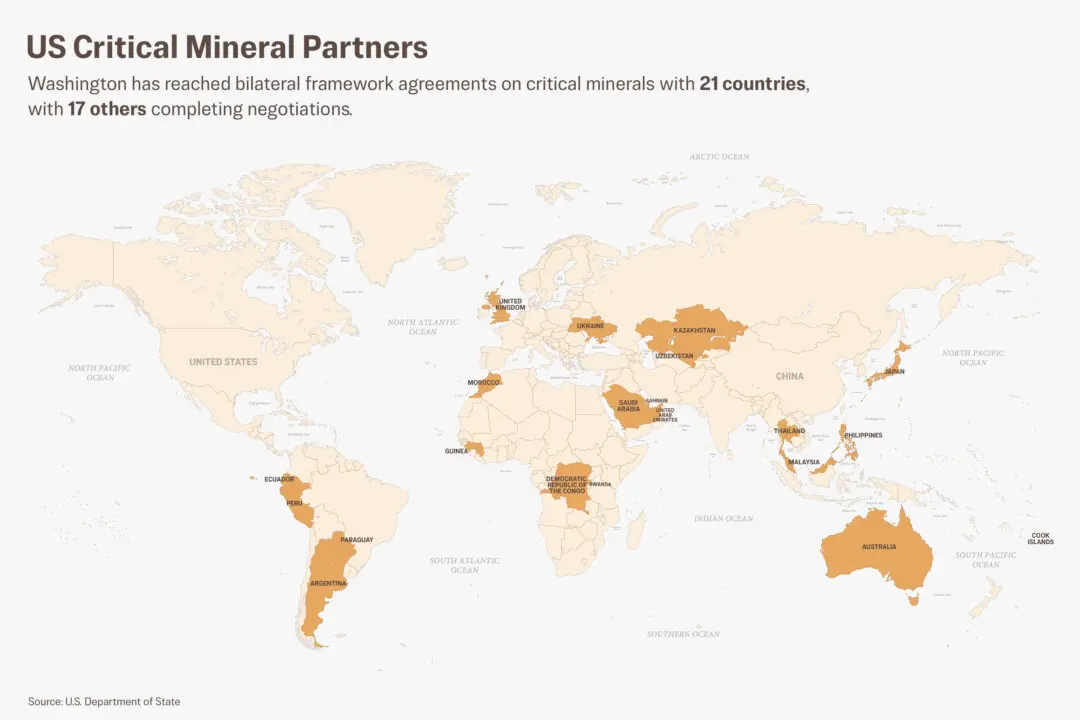Money will keep leaving China as a diminished return on investment no longer justifies the risk of dealing with the Chinese Communist Party (CCP), according to Christopher Balding, an expert on the Chinese economy at the UK-based think tank Henry Jackson Society.
The U.S.–China decoupling will accelerate as a result, he said.





